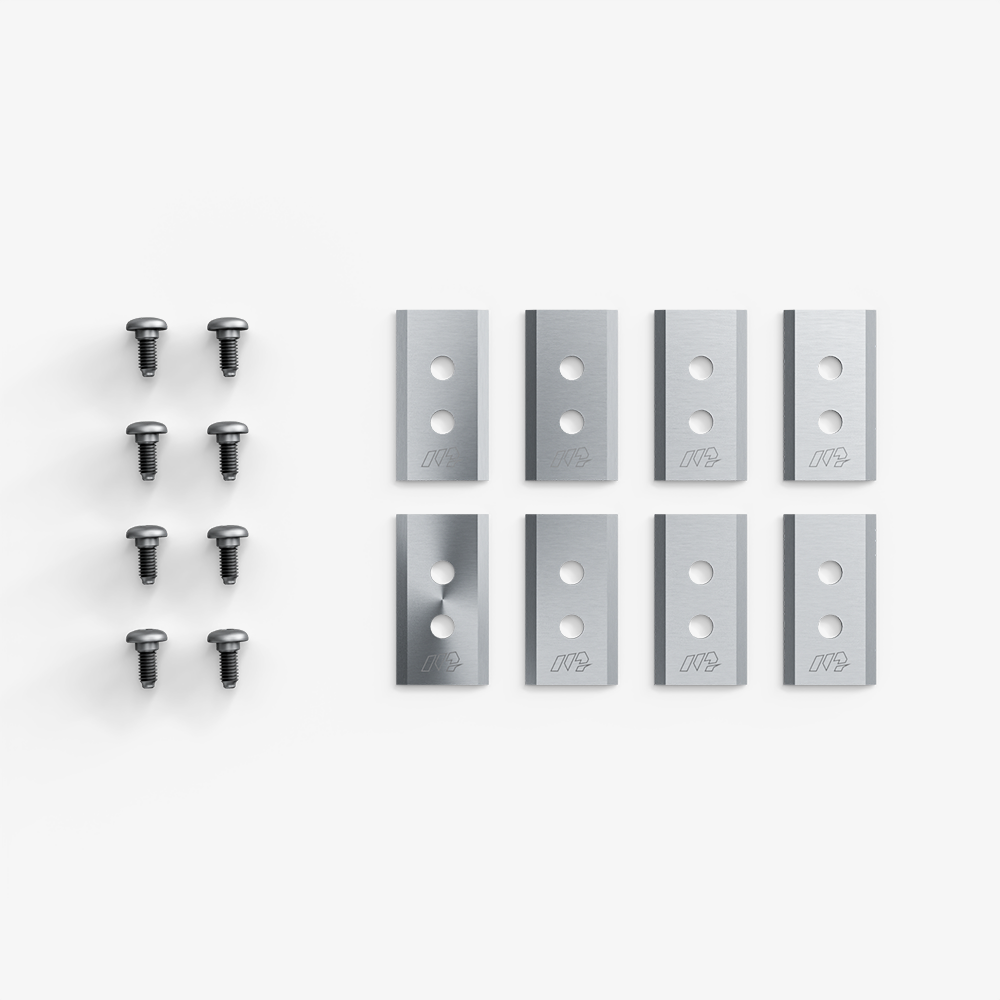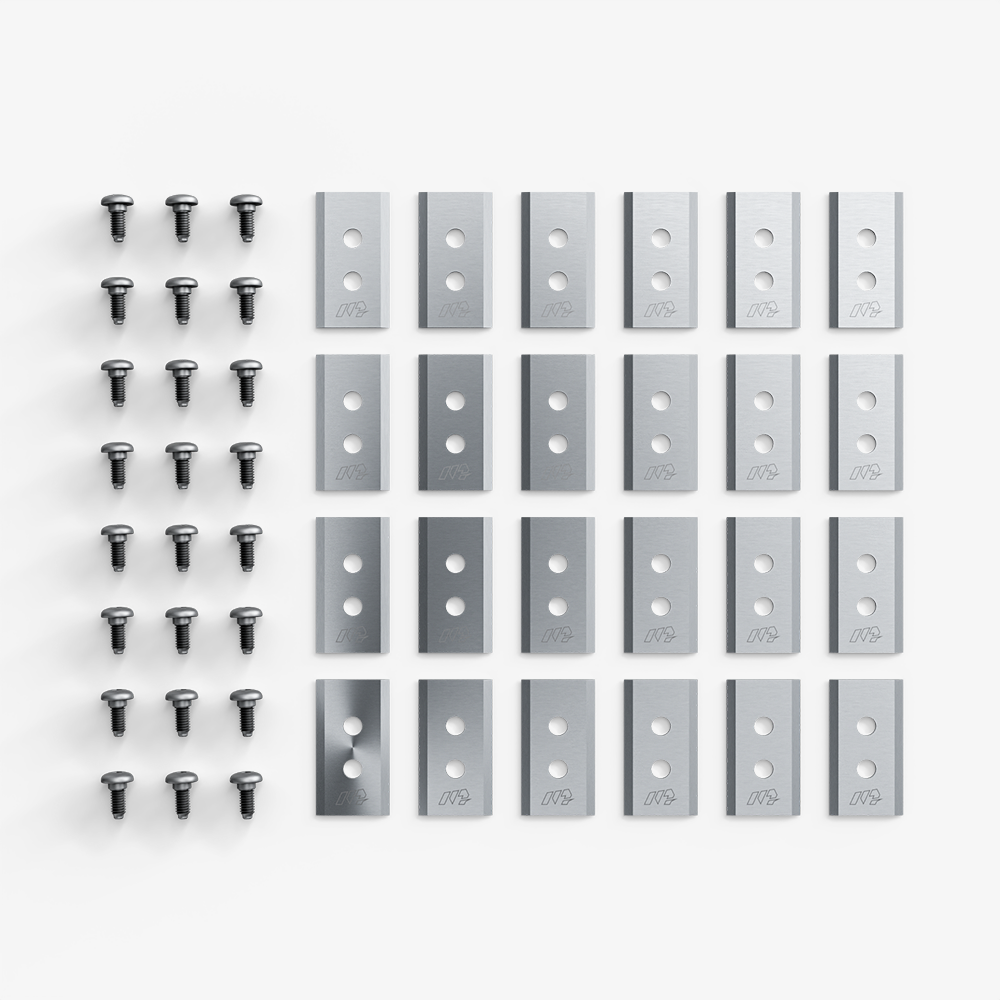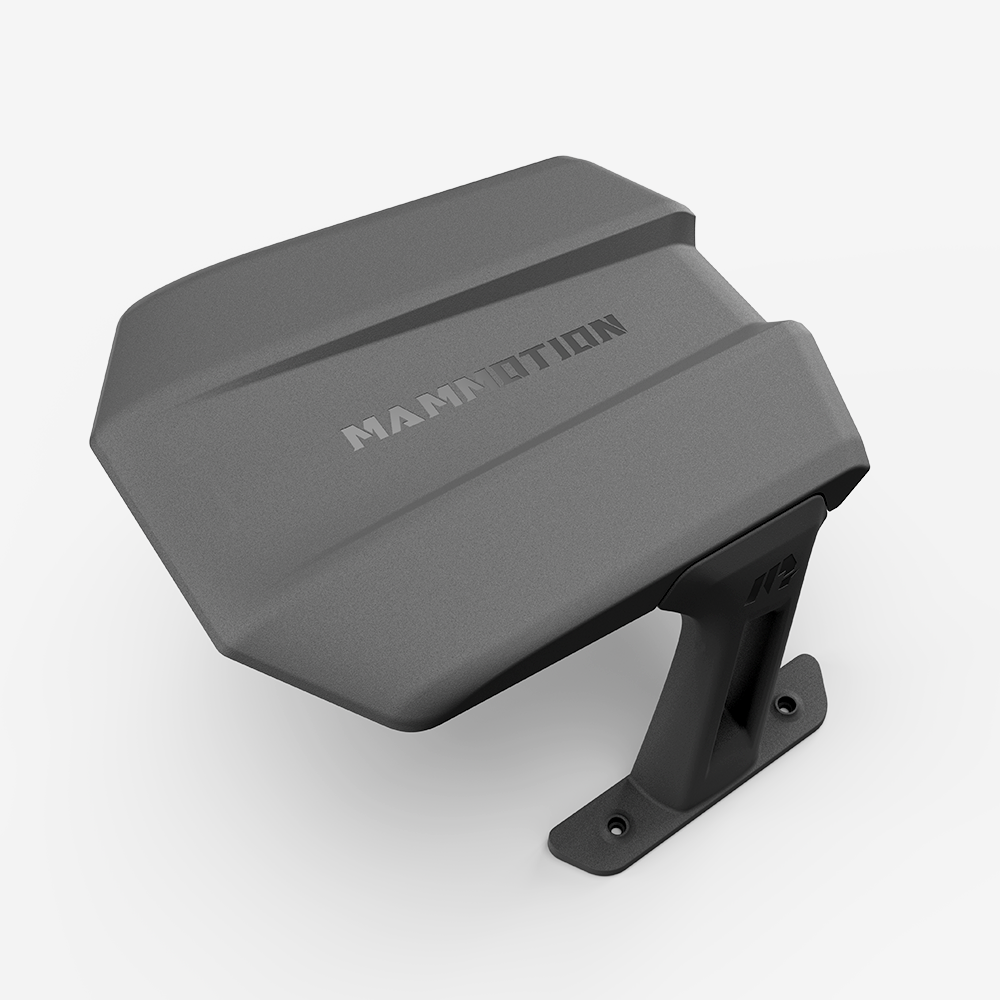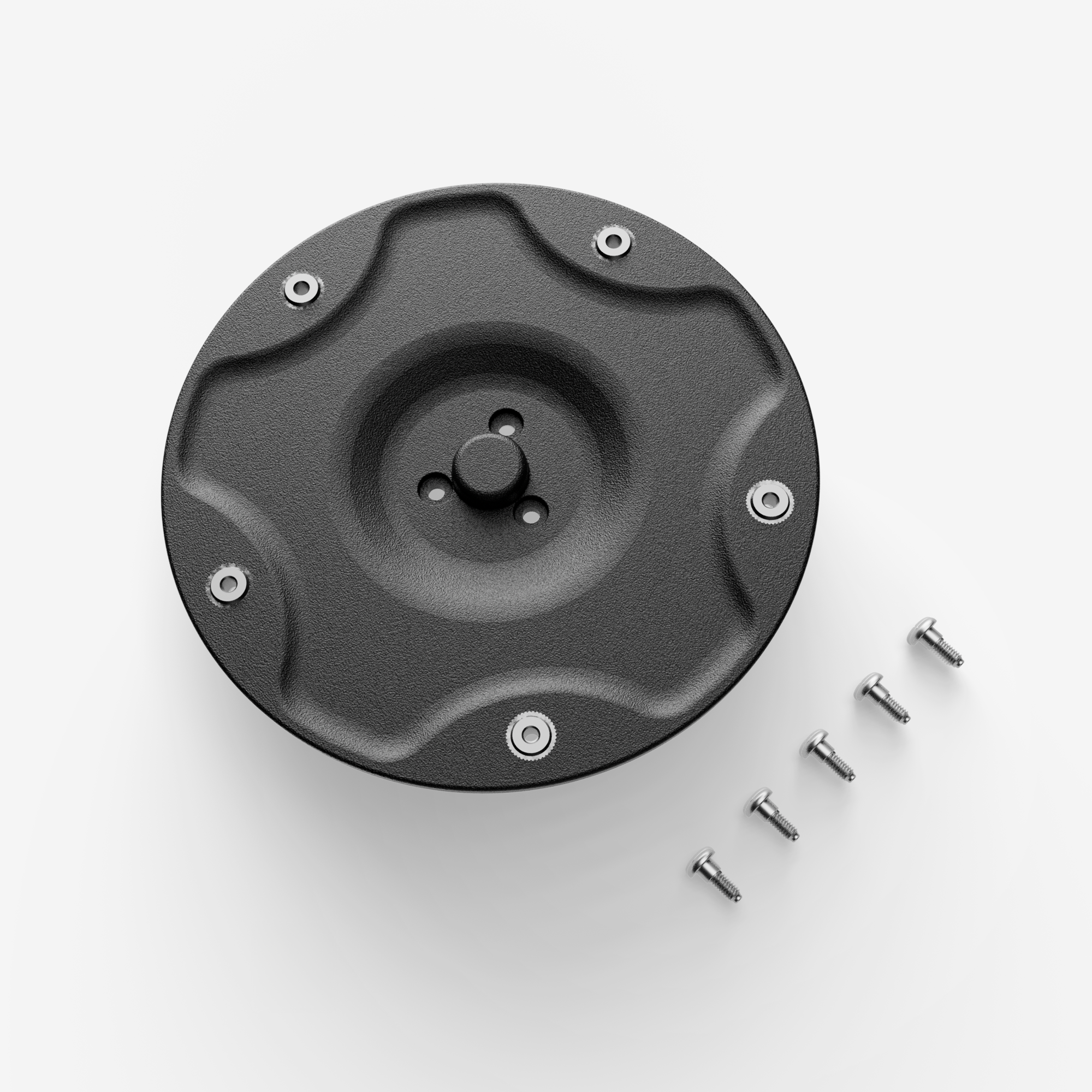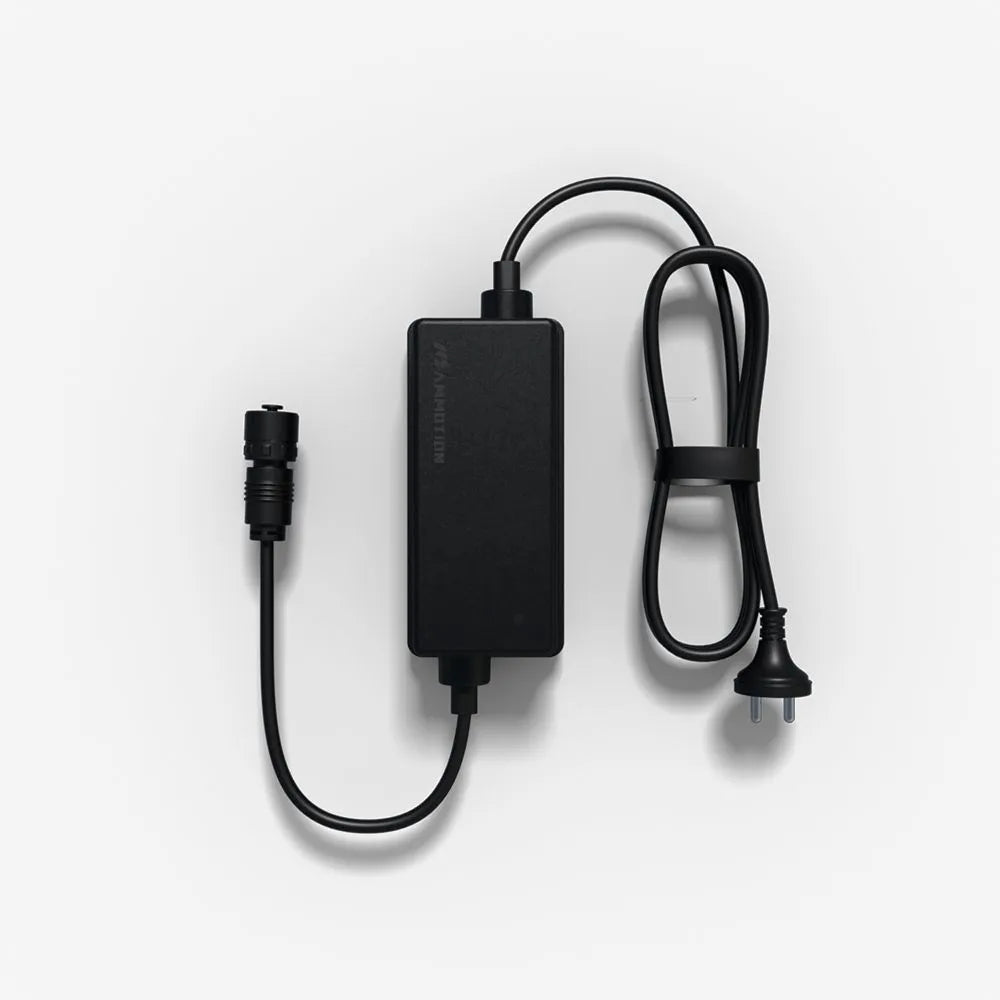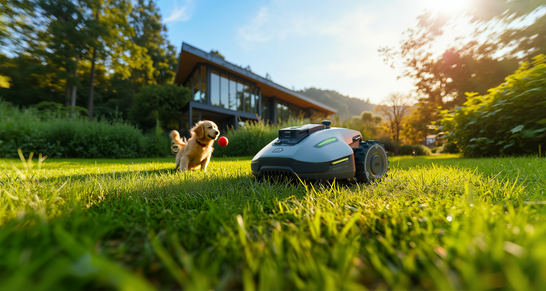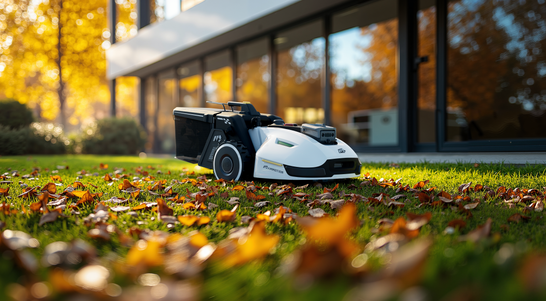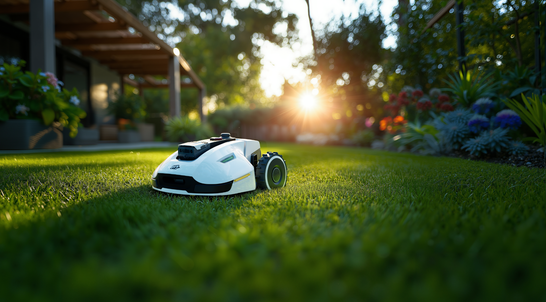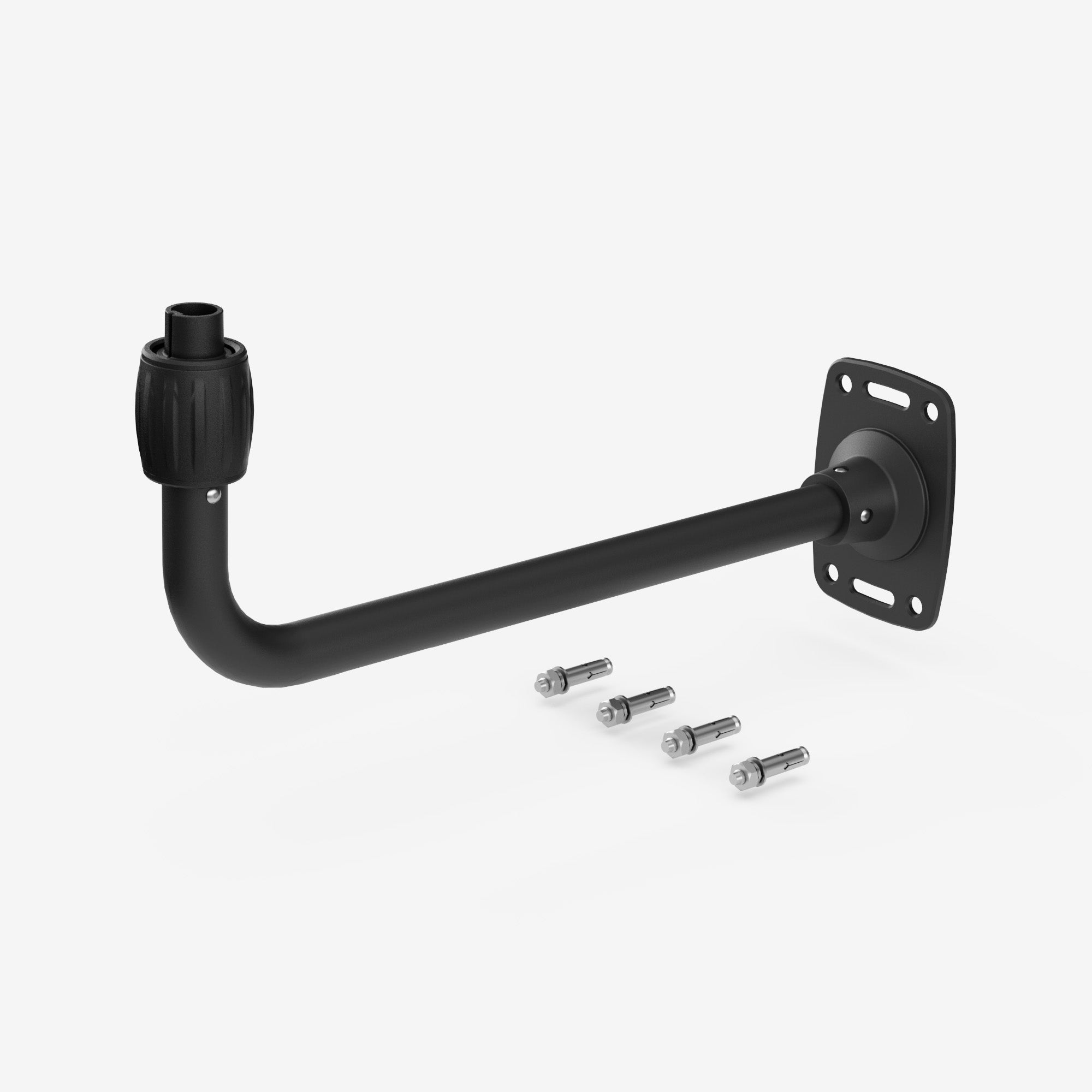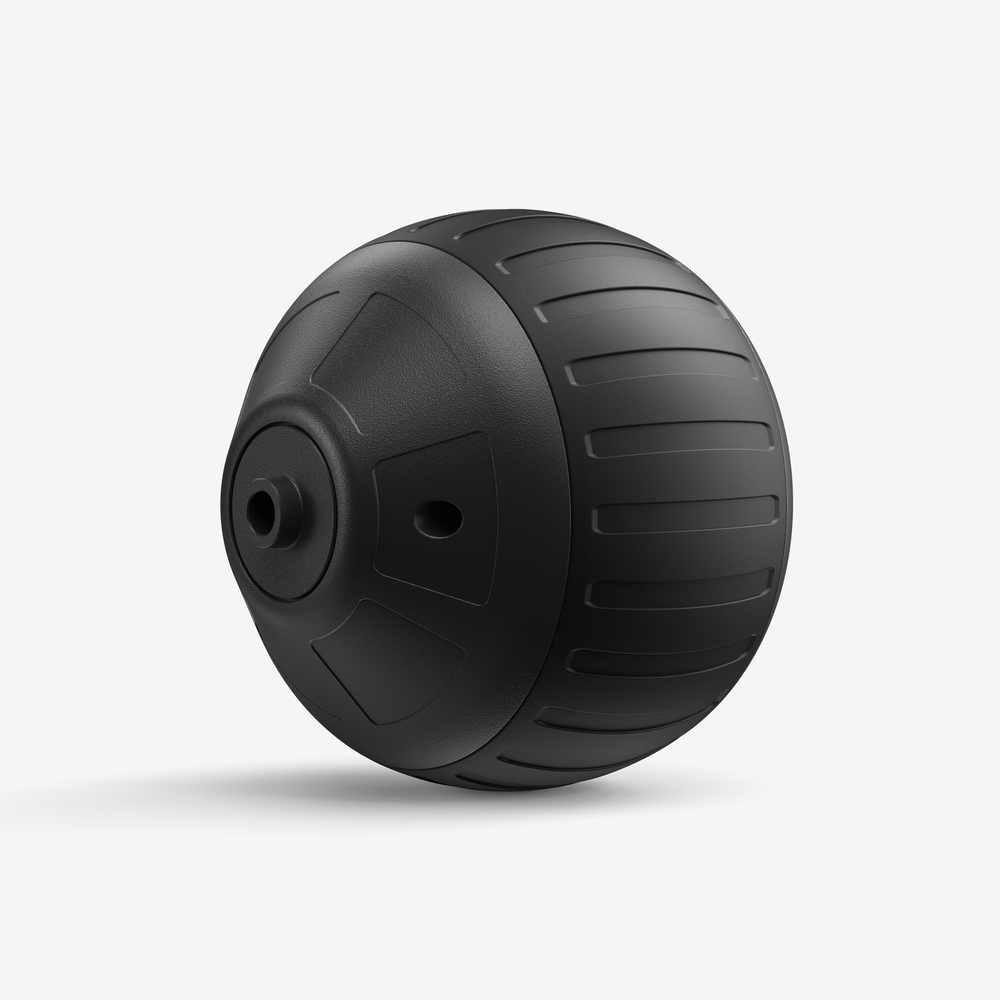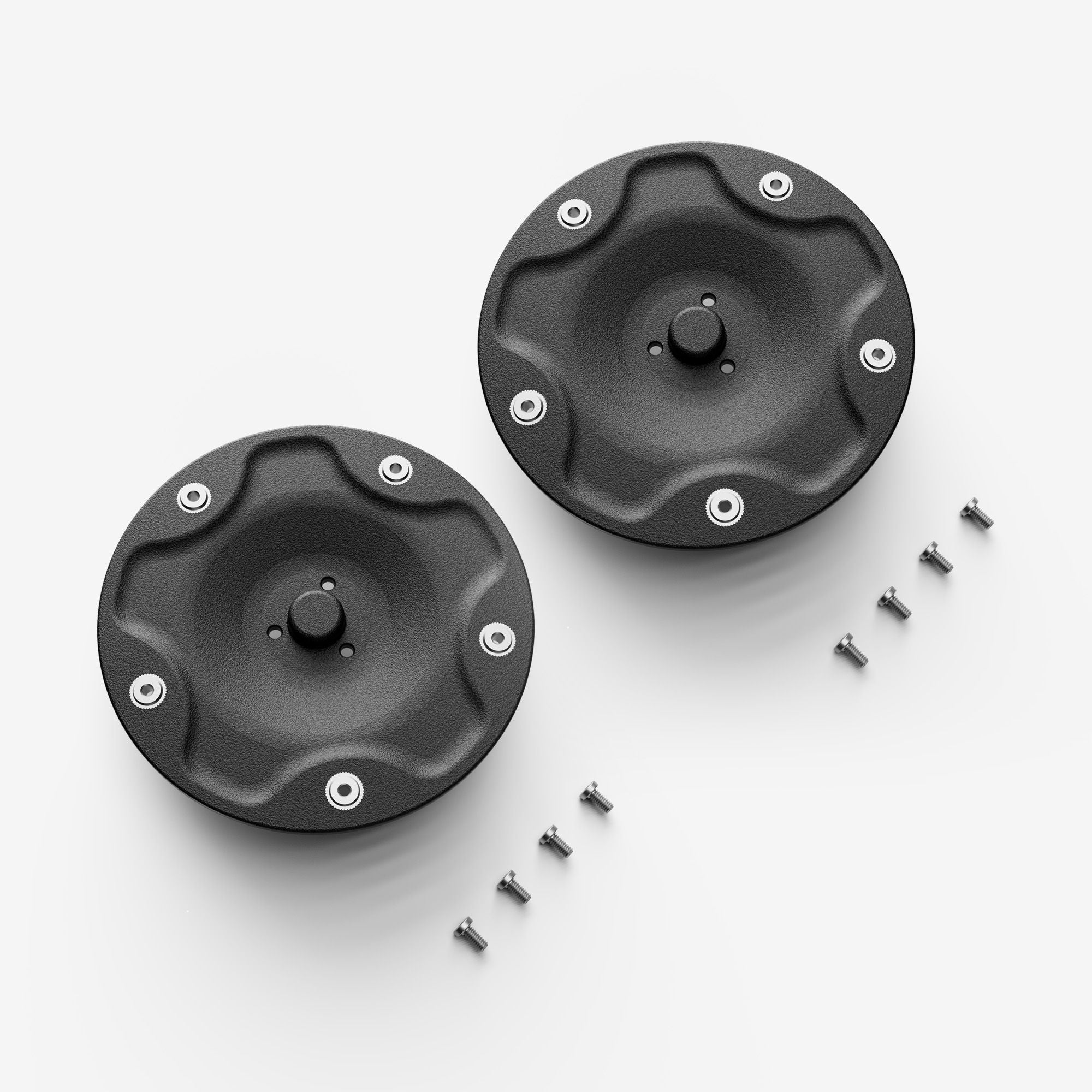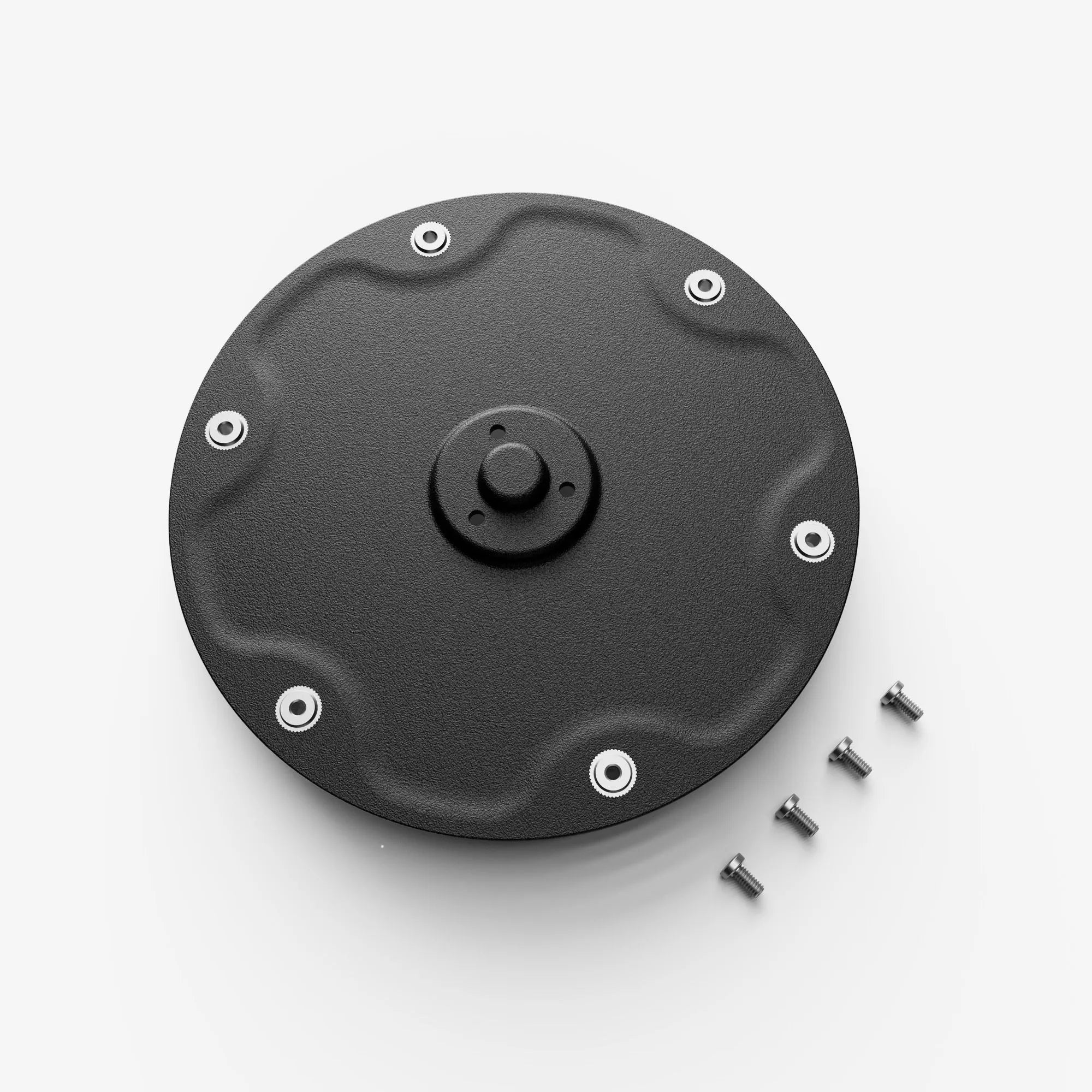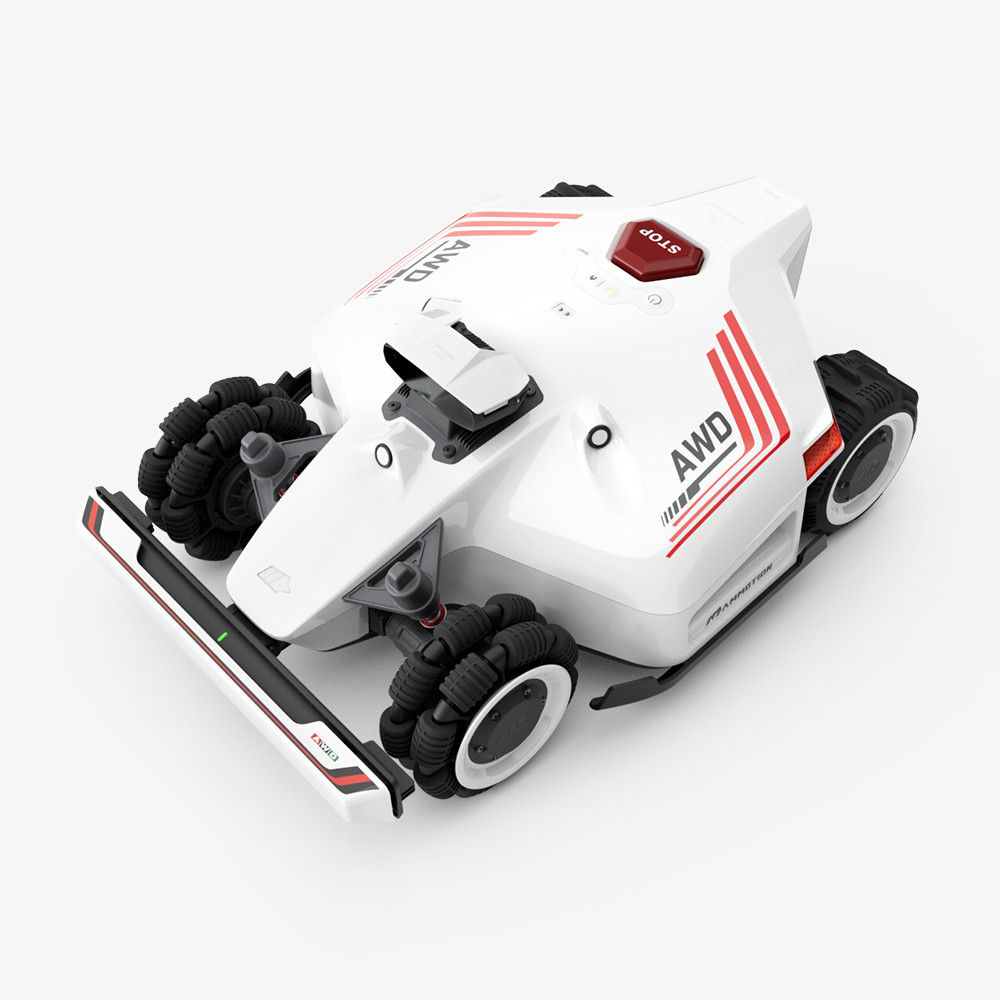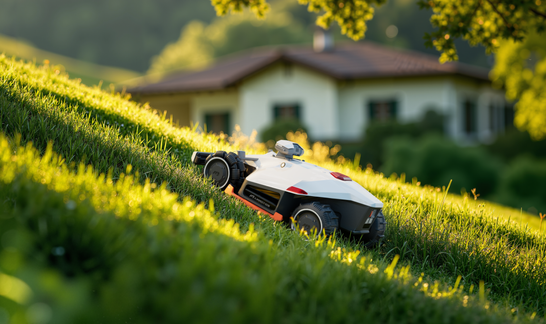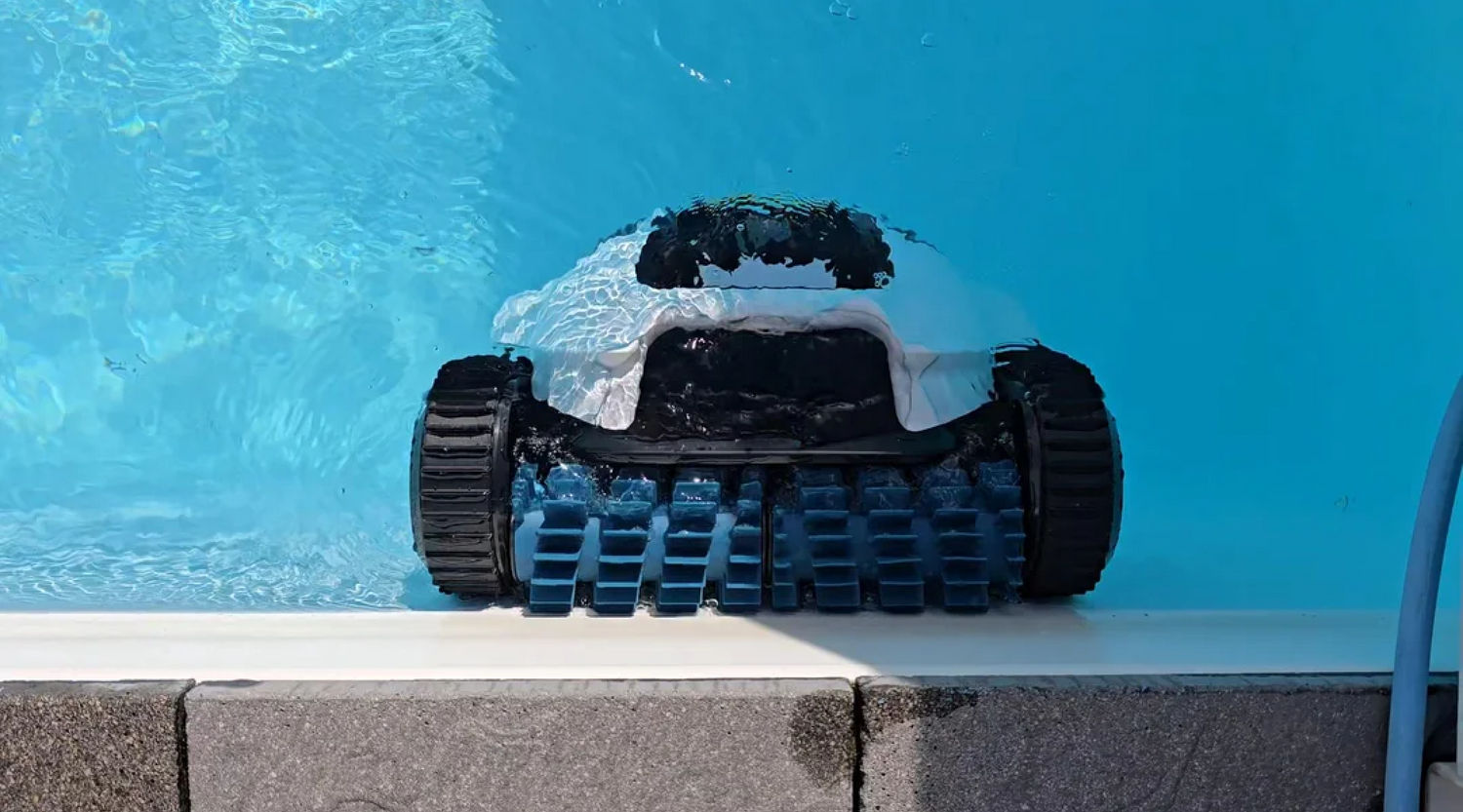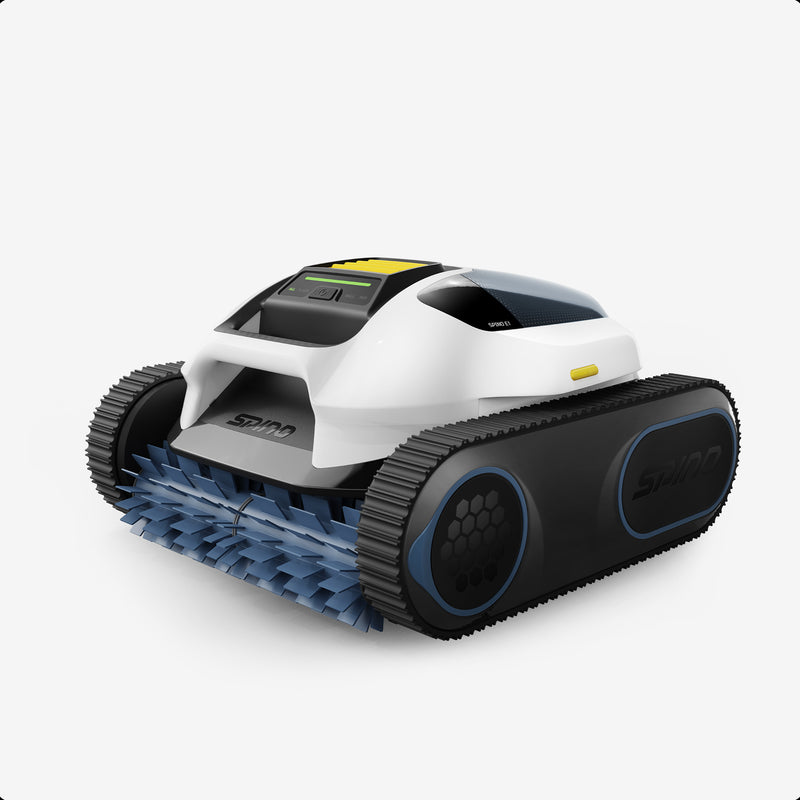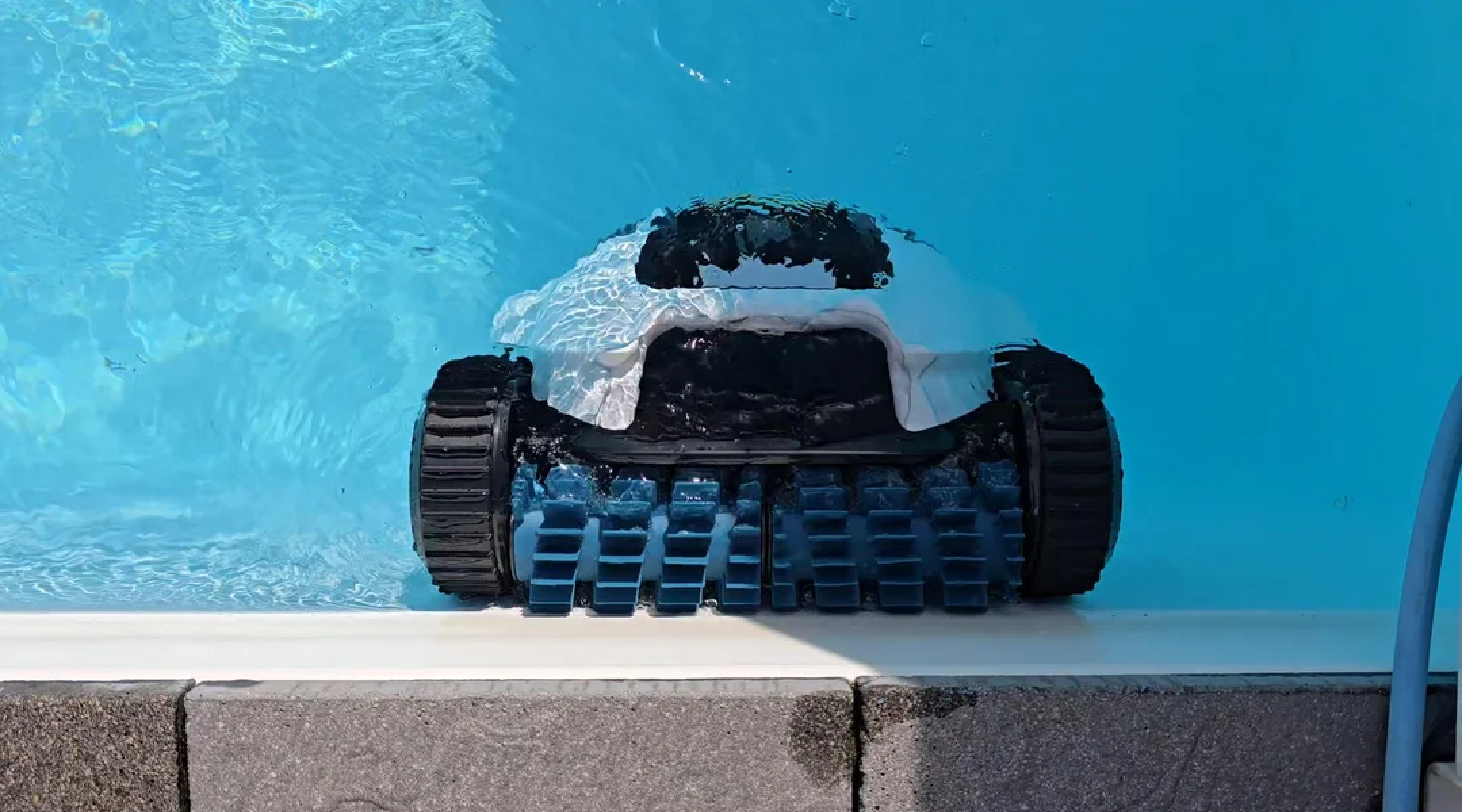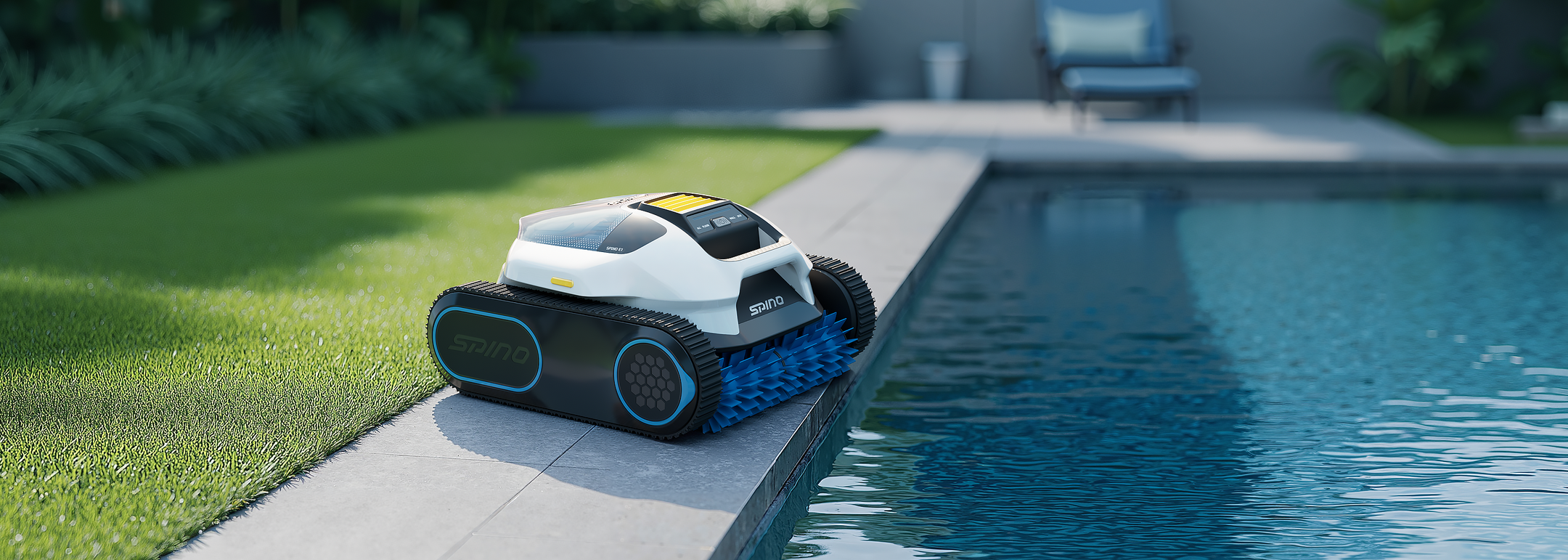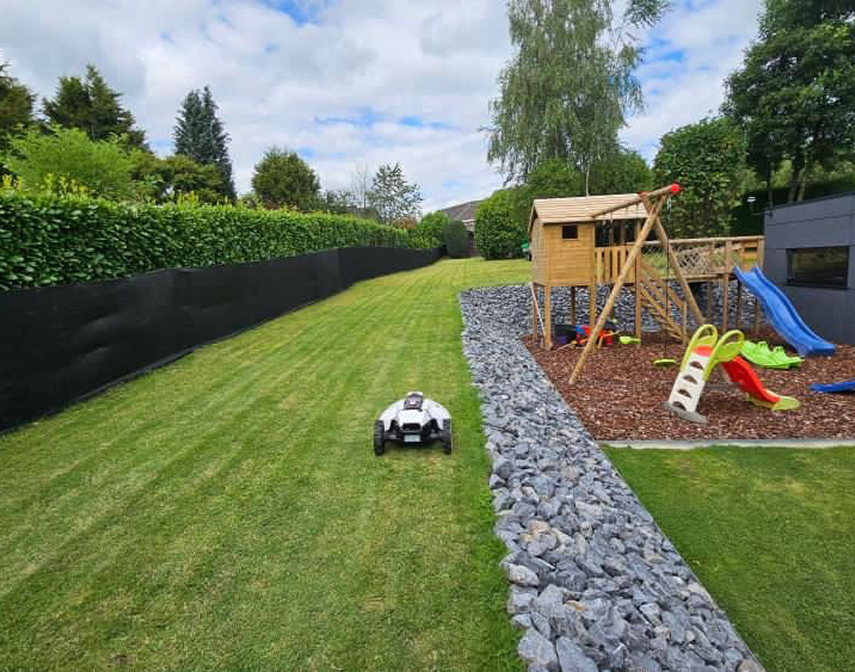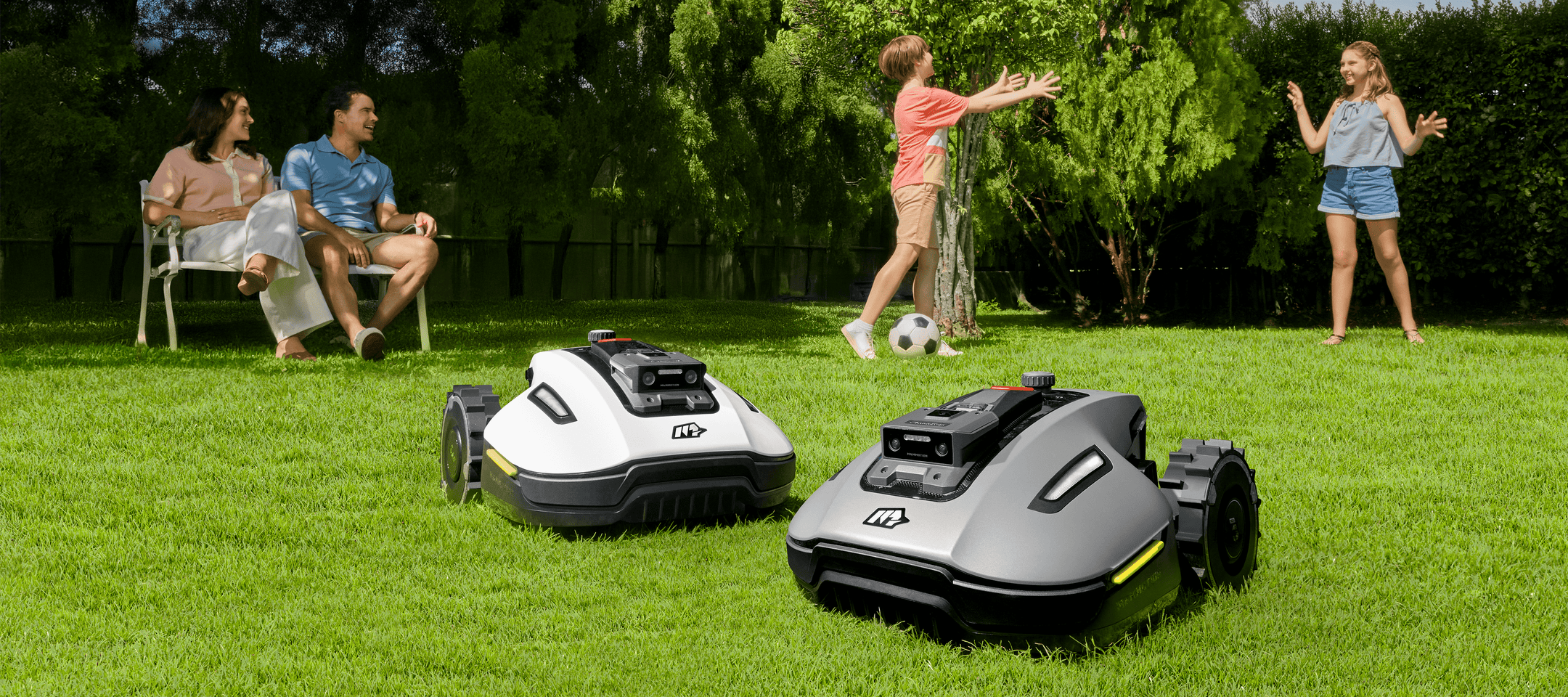Are robotic pool cleaners worth buying? It’s a question more and more pool owners are asking — especially as modern robotic technology promises to take the hassle out of keeping pools clean. If you’ve ever spent hours manually vacuuming your pool or constantly battled leaves, debris, and cloudy water, you already know how time-consuming traditional pool maintenance can be. Worse still, the results can often be inconsistent — especially in larger or irregularly shaped pools.
That’s where the pool robotic pool cleaner comes in. These smart devices are designed to operate independently, efficiently removing dirt, algae, and debris from your pool with minimal input from you. But are they just high-tech gadgets, or a genuinely smart investment for the long term?
In this guide, we’ll explore what robotic pool cleaners actually do, their pros and cons, how much they cost, and whether they’re a worthwhile purchase for your pool — whether residential or commercial.
What Is a Robotic Pool Cleaner?
A pool robotic pool cleaner is an automated device designed to clean your swimming pool with little to no manual effort. Unlike suction or pressure-side cleaners that rely on your pool’s filtration system, robotic models operate independently using their own built-in electric motor, advanced navigation software, and onboard filtration.
Most modern units are equipped with smart sensors and mapping technology that allow them to scan your pool and determine the most efficient cleaning path. They scrub and vacuum the pool floor, climb walls, and even reach the waterline — tackling dirt, algae, and fine debris with impressive precision.
Many people search for a pool robotic pool cleaner when they want to reduce maintenance time, save on energy, or simply avoid the chore of pool upkeep. The technology behind them has come a long way — and understanding how they work is the first step in deciding whether one is right for you. Here can get more details about the clean pool robot guide.
Pros of Owning a Robotic Pool Cleaner
Investing in a pool robotic pool cleaner comes with a range of benefits that go beyond simple convenience. For many pool owners, it’s not just a luxury — it’s a game-changer in terms of cleanliness, efficiency, and overall enjoyment of the pool.
1. Saves Time and Effort
Perhaps the biggest advantage is the time saved. Once you drop your pool robotic pool cleaner into the water, it gets to work automatically — no need to stand around vacuuming or scrubbing walls. You can even schedule cleanings while you're out or asleep.
2. Energy-Efficient and Eco-Friendly
These devices typically use low-voltage power, making them far more energy-efficient than pressure or suction cleaners. Some models, like the Dolphin M600, use up to 8 times less energy compared to traditional systems — reducing both your electricity bill and your environmental footprint.
3. Smart, Targeted Cleaning
Equipped with intelligent mapping, a pool robotic pool cleaner can adapt to your pool’s specific shape and size. It can clean walls, floors, steps, and even waterlines — ensuring a thorough clean every time.
4. Cleaner Water, Less Chemical Use
By removing fine debris and algae, robotic cleaners reduce the strain on your filtration system and help maintain chemical balance. That means fewer chemical top-ups and a more pleasant swimming experience.
5. Long-Term Cost Savings
Though the upfront cost can be higher, the long-term savings on manual labour, energy, and chemical use often outweigh the initial investment.
Any Downsides to Be Aware Of Robotic Pool Cleaners?
While the benefits are compelling, no product is perfect. It’s important to consider a few potential downsides before investing in a pool robotic pool cleaner, especially if you're managing a budget or have a uniquely shaped pool.
❌ 1. Initial Cost
A quality pool robotic pool cleaner typically ranges from £500 to over £1,800 in the UK. For some homeowners, this upfront cost can feel steep — especially if your pool is small or rarely used. However, many find that the long-term savings on maintenance and time justify the investment.
❌ 2. Maintenance and Repairs
Although robotic cleaners are designed for durability, they do contain motors, sensors, and electronic components that may need servicing over time. Replacement parts such as filters, tracks, or motors can add to the lifetime cost if not covered under warranty.
❌ 3. Not Ideal for All Pool Types
Cheaper models may struggle with irregular or uniquely shaped pools, especially those with sharp corners or steep slopes. For these pools, a more advanced (and pricier) model may be necessary.
Being aware of these factors will help you make an informed, realistic decision.
Cost vs. Benefit: Is It Worth Getting Robotic Pool Cleaners?
The big question: does a pool robotic pool cleaner offer enough value to justify the cost?
In the UK, most models fall between £500 and £1,800, with premium commercial units costing over £2,500. While that may seem steep at first, the long-term financial and practical benefits often make it worthwhile — especially for active pool users.
Let’s compare the key costs and savings:
|
Factor |
Traditional Cleaning |
Robotic Pool Cleaner |
|
Initial Equipment Cost |
£150–£400 (manual/suction cleaners) |
£500–£1,800 (robotic cleaner) |
|
Monthly Electricity Usage |
Moderate to High |
Low (eco-friendly motors) |
|
Annual Chemical Use |
Higher due to inconsistent debris removal |
Lower (maintains balance more effectively) |
|
Time Spent Cleaning |
2–4 hours/week |
<30 mins/week (setup and maintenance) |
|
Filter/Pump Wear & Tear |
Higher due to debris overload |
Reduced due to pre-filtration |
|
Average Lifespan (with care) |
3–5 years |
5–7+ years |
While a pool robotic pool cleaner costs more upfront, the return on investment builds quickly through lower utility costs, fewer chemical top-ups, and far less hands-on effort. Many UK owners report breaking even in 1–2 seasons — especially for larger or frequently used pools.
In short: if you value your time, want consistent results, and plan to use your pool regularly, a robotic cleaner isn’t just worth it — it’s a smart long-term investment.
Who Should (and Shouldn’t) Buy One Robotic Pool Cleaner?
A pool robotic pool cleaner can be a fantastic tool — but it’s not for everyone. Here’s a quick look at who benefits most, and who might want to consider other options.
✅ Ideal for:
- Busy families who want a clean pool without the hassle.
- Elderly or less mobile pool owners who can’t manage manual cleaning.
- Tech-savvy homeowners who like automation, app control, and scheduled cleaning.
- Holiday let or Airbnb hosts who need reliable, low-effort pool maintenance between guest stays.
- Commercial pool operators are looking for consistent hygiene and efficiency.
❌ Not essential for:
- Very small pools or plunge pools where manual cleaning takes only minutes.
- Pool owners who enjoy DIY cleaning and don’t mind spending time on upkeep.
- Budget-conscious users who rarely use their pool and want to keep costs low.
- Ultimately, the value of a pool robotic pool cleaner comes down to usage and priorities. If your goal is to spend more time swimming and less time scrubbing, it’s likely the right fit.
How to Choose the Right Robotic Pool Cleaner
With dozens of options available, choosing the right pool robotic pool cleaner can feel overwhelming. The best model for you depends on your pool size, shape, surface type, and how often you use it. Here are a few key things to consider:
Selection Checklist:
- Pool size & depth – Larger pools need more powerful models with longer cables or battery life.
- Wall & waterline cleaning – Not all cleaners handle vertical surfaces; be sure to check this.
- Navigation & mapping – Smart cleaners use sensors or AI to avoid random cleaning patterns.
- Filter size – Fine filters are better for pollen, sand, and algae; larger ones for leaves.
- App control & scheduling – A must-have for tech-savvy users and busy households.
- Warranty & UK support – Ensure your model is backed by a reputable UK distributor.
⭐ Recommended: Mammotion SPINO E1 Robotic Pool Cleaner
For UK pool owners seeking cutting-edge tech, we highly recommend the Mammotion SPINO E1. This advanced pool robotic pool cleaner features:
- Triple brushless motors for superior cleaning on all surfaces
- Powerful suction and filtration
- Cleans up to 150m², 210-minute runtime once charge
- SmartArc path planning with intelligent navigation
- App control and auto-docking
- IPX8 waterproof rating — ideal for UK conditions
It combines intelligent design, energy efficiency, and ease of use — making it an outstanding choice for both residential and light commercial pools.
🛒 Explore the SPINO E1 and see how it compares to other models in our full Buyer’s Guide.
Conclusion: Final Verdict
So, are pool robotic pool cleaners worth buying? For most pool owners — especially those in the UK — the answer is a clear yes.
A quality pool robotic pool cleaner offers consistent, hands-free cleaning, reduced chemical use, lower long-term maintenance costs, and more time to actually enjoy your pool. While the upfront investment may feel significant, the value becomes obvious within the first season — particularly if you use your pool regularly or manage a commercial property.
For those seeking a balance of performance, smart features, and reliable UK support, we highly recommend exploring the Mammotion SPINO E1. It’s a top-tier option designed to meet modern pool cleaning expectations.
Ready to upgrade your pool care routine?
Take a closer look at our recommended models or contact a pool expert for tailored advice. Your pool — and your free time — will thank you.
Frequently Asked Questions
1. Is it worth getting a robot pool cleaner?
Yes — for most pool owners, especially in the UK, a robotic pool cleaner delivers excellent value. They operate independently, save time and effort, and offer consistent, energy-efficient cleaning that helps prolong pool equipment life. Expert reviews affirm—though the upfront price is higher, long-term savings on electricity, chemicals, and maintenance often justify the investment.
2. What are the disadvantages of robotic pool cleaners?
- Higher initial cost — quality models typically start around £500 (or $600–$1,500)
- Difficulty in certain areas — may struggle with steps, ledges, or oddly shaped pools
- Filter maintenance — requires regular debris basket cleaning to maintain performance
3. What is the life expectancy of a robotic pool cleaner?
With proper care and storage (not leaving it submerged), many models—especially higher-end ones—can last 5 to 7 years or more, with some lasting up to 10 years. Leaving them in the pool 24/7 significantly shortens lifespan, especially affecting seals and electronics.
4. Do robotic pool cleaners use a lot of electricity?
Not at all. They run on low-voltage motors that typically consume around 0.05 kWh per hour, meaning a full clean costs only a few cents. That’s around 90–95% less energy than suction or pressure cleaners, making them highly efficient and cost-effective.
5. Can I leave my pool robot in the pool overnight?
Technically you can, but it’s not advisable. Continuous immersion exposes seals and electronics to chlorine and wear, which can significantly shorten their lifespan. Most manufacturers recommend removing the unit after cleaning and storing it dry.
6. How often should I vacuum a pool with a robot?
It depends on usage and environment:
- Moderate use/leafy areas: 1× per week minimum
- High-use or debris-heavy pools: 2–3× per week or even daily scheduling
Smart cleaners often support preset or daily runs. Cleaning frequency should match how quickly your pool accumulates debris.
7. Do pool robots remove algae?
Yes. Robotic pool cleaners are effective against algae when brushing and vacuuming action is thorough. Their rotating brushes agitate surface algae and fine debris, then suction pulls it into onboard filters—helping improve water clarity and reducing chemical dependency.
8. Do robotic pool cleaners clean the surface?
The newest robotic pool cleaner can clean the pool surface, including leaves, stones, sand, and insects. However, when purchasing, you should carefully check whether the robot can clean the pool surface.
9. Which is better: robotic or pressure‑side pool cleaners?
Robotic cleaners excel for fine debris removal, energy efficiency, smart navigation, wall cleaning, and independent operation.
Pressure‑side cleaners are good for large debris and rely on your pool's booster pump; they struggle with finer particles and don’t clean walls.
Overall, robotic models offer more thorough cleaning and lower running costs despite higher initial investment.
10. Which is better: suction‑ or robotic pool cleaner?
Suction-side cleaners are affordable and simple but depend on your pump/filter system, use more electricity indirectly, and don’t clean walls.
Robotic cleaners cost more upfront but use their own clean filters, reduce strain on existing equipment, and provide superior cleaning performance and energy efficiency.



